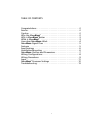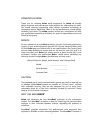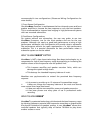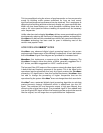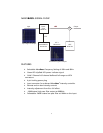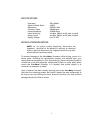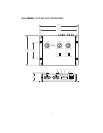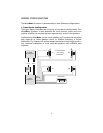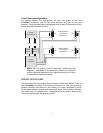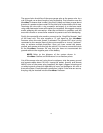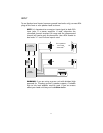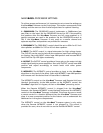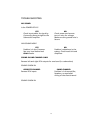
This is accomplished using the science of psychoacoustics on how we perceive
sound. By building audio systems optimized for how we hear sound,
significant performance improvements can be obtained. This is analogous to
designing and building televisions that only display red, green and blue dots.
When we view these displays our visual perception combines these dots to
make a full color spectrum without needing to reproduce all the necessary
color frequencies.
Unlike other bass technologies MaxxBass
®
delivers more perceived bass while
simultaneously reducing the likelihood of damaging speakers and amplifiers.
MaxxBass
®
also delivers this extended bass without any perceived distortion.
MaxxBass
®
technology has been used for years in mastering most of the
world's most popular music.
HOW DOES MAXXBASS
®
WORK
MaxxBass
®
uses advanced digital signal processing based on the proven
psychoacoustic Phenomenon of the Missing Fundamental. A basic description
and a MaxxBass
®
Signal Flow diagram are provided for interested users.
MaxxBass
®
first implements a crossover at the MaxxBass
®
Frequency. The
MaxxBass
®
Processor allows the choice of 60Hz, generally suggested for 6-
6.5" drivers, and 80Hz suggested for 4-5.25" woofer drivers.
The low pass filter (LPF) output of the crossover extracts the bass signal which
is below the bass frequency response of the system. This is the signal to be
reproduced psycho-acoustically and only this signal receives the MaxxBass
®
processing. It is significant to note that unlike bass boosts, MaxxBass
®
does
not add or change the processing of higher frequencies that can be
reproduced by the system. MaxxBass
®
does not change the artist's sound mix.
MaxxBass
®
uses a patented digital signal processing algorithm to calculate
precise harmonic content information which is added back into the LPF
signal. The combined LPF and harmonics output is high pass filtered, thus
removing the original bass signal. The processed signal is then added back
into the original HPF signal and the final output provides a signal that sounds
like the original, but no longer has un-reproducible low frequencies.
4




